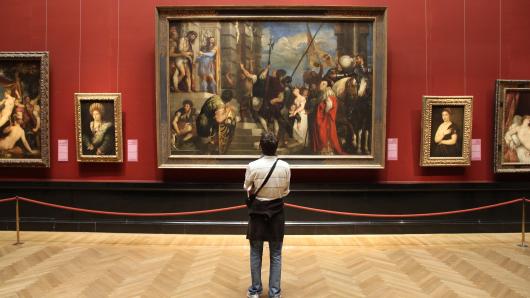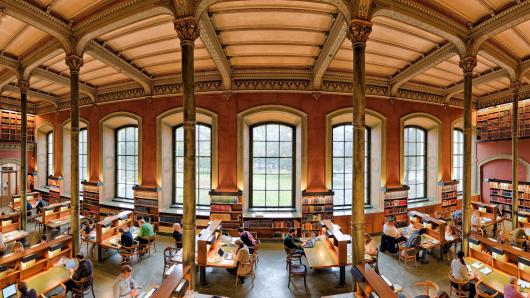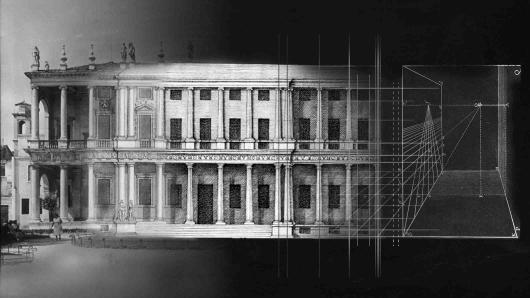Course description
This course considers questions surrounding the role of museums in defining, displaying, and defending cultural property. For the purposes of the course, cultural property is understood to include portable art objects and artifacts as well as fixed monuments and sites. Through a series of case studies it examines in turn such issues as ownership, stewardship, and repatriation; looting, illicit trade, and the cultural property marketplace; and the protection of cultural property in the face both of armed conflict and peacetime economic development. It also explores the relationships between material cultural property and contemporary and historical human identities at the national, regional, and local scale, especially as these identities are portrayed in museums. Though not devoted in depth to matters of cultural property law or museum law, the course takes into account the wide range of national laws, international conventions, and treaties that pertain to cultural property. The course has a decided focus on the Mediterranean and Middle East, with excursions into relevant parallel cases in Africa, Asia, and the Americas.








